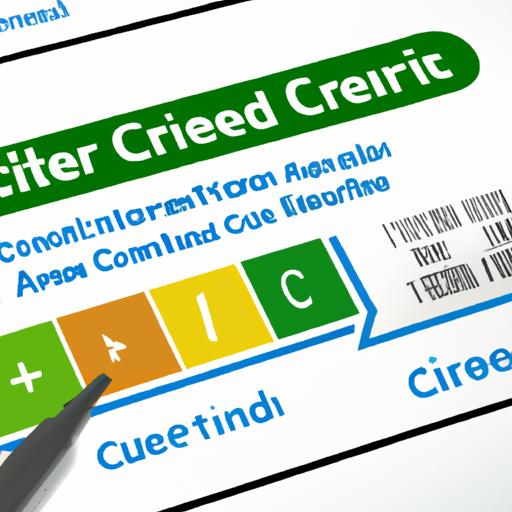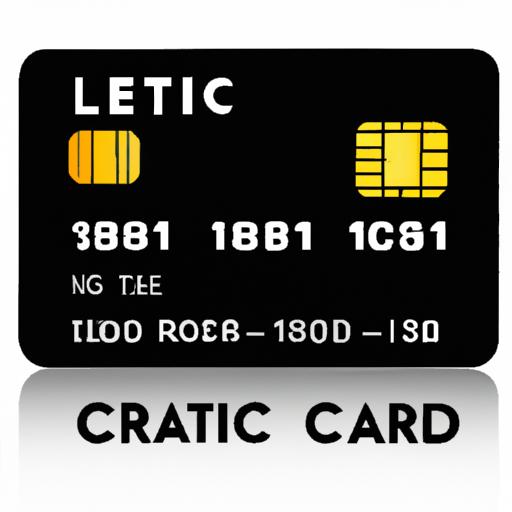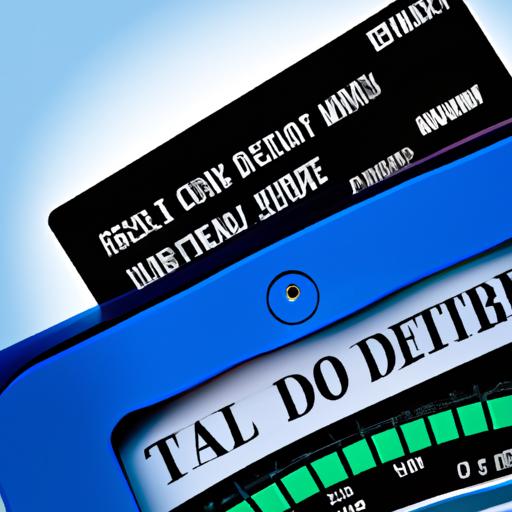The Ultimate Guide to Credit Card Pay Off: Take Control of Your Financial Future
Introduction
Are you tired of feeling weighed down by the burden of credit card debt? Let’s dive into the world of credit card pay off and discover the key to financial freedom. When we talk about credit card pay off, we’re referring to the process of eliminating your outstanding credit card balances. It’s not just about getting rid of debt; it’s about regaining control over your finances and setting yourself up for a brighter future.
Paying off your credit card debt is essential for your financial well-being. Not only does it free you from the stress and anxiety that debt can bring, but it also has a positive impact on your overall financial health. By taking the necessary steps to pay off your credit card balances, you can improve your credit score, reduce your interest payments, and pave the way for a more secure financial future. Let’s explore the benefits of paying off credit card debt and how you can achieve this important milestone.
Strategies for Paying Off Credit Card Debt
Creating a Budget and Tracking Expenses
When it comes to paying off credit card debt, one of the most crucial steps is to create a budget that allows you to track your expenses effectively. By understanding where your money is going each month, you can identify areas where you can cut back and allocate more funds towards paying off your credit card balances. Tracking your expenses not only helps you stay on top of your financial situation but also enables you to make informed decisions about where to allocate your money.
Prioritizing High-Interest Debt
High-interest debt can quickly spiral out of control if left unchecked. When tackling your credit card debt, it’s essential to prioritize paying off high-interest balances first. By focusing on these debts, you can minimize the amount of interest you accrue over time and make significant progress towards becoming debt-free. Prioritizing high-interest debt allows you to save money in the long run and accelerate your journey towards financial freedom.
Utilizing Balance Transfer Cards
Balance transfer cards can be a valuable tool in your credit card pay off strategy. These cards allow you to transfer high-interest balances to a card with a lower interest rate, helping you save money on interest payments and pay off your debt more efficiently. However, it’s essential to read the terms and conditions carefully and consider any transfer fees or introductory interest rates before making a decision. Balance transfer cards can be a useful resource when used strategically in your debt repayment plan.
Setting Realistic Goals for Paying Off Debt
Setting realistic goals is key to staying motivated and focused on your credit card pay off journey. Whether you aim to pay off a certain amount of debt each month or have a specific timeline for becoming debt-free, having clear goals can help you track your progress and celebrate your achievements along the way. By setting realistic and achievable goals, you can stay committed to your financial goals and make steady progress towards paying off your credit card debt.
Avoiding Common Pitfalls in Credit Card Pay Off
Falling into the minimum payment trap
Have you ever found yourself making only the minimum payment on your credit card bills, thinking you’re on the right track? Unfortunately, this common pitfall can keep you trapped in a cycle of debt, as the majority of your payment goes towards interest rather than reducing the principal balance. By only making minimum payments, you extend the time it takes to pay off your debt and end up paying significantly more in interest over time.
Ignoring credit card statements and balances
It’s easy to fall into the habit of ignoring your credit card statements or overlooking your balances, especially if you’re feeling overwhelmed by the numbers. However, turning a blind eye to your financial situation can lead to missed payments, increased interest charges, and a lack of progress in paying off your debt. By staying informed and actively monitoring your credit card balances, you can take control of your finances and make more informed decisions about your repayment strategy.
Accumulating more debt while paying off existing debt
One of the most challenging aspects of credit card pay off is resisting the temptation to accumulate more debt while you’re working towards paying off your existing balances. It’s crucial to avoid using your credit cards for unnecessary purchases or expenses that you can’t afford, as this can hinder your progress and prolong your journey to debt freedom. By staying disciplined and focusing on reducing your debt, you can avoid falling into the trap of accumulating more financial obligations.
Not seeking help when needed
Navigating the world of credit card pay off can be overwhelming, especially if you’re facing significant debt or struggling to make progress on your own. Don’t hesitate to seek help from credit counselors, financial advisors, or debt consolidation companies if you find yourself struggling to manage your debt. These professionals can provide valuable guidance, support, and resources to help you create a sustainable repayment plan and achieve your goal of becoming debt-free.
Celebrating Success and Maintaining Financial Health
Paying off your credit card debt is no small feat. It’s a significant accomplishment that deserves to be celebrated. As you reach milestones in your credit card pay off journey, take the time to acknowledge your hard work and dedication. Whether you’ve paid off a small balance or made a substantial dent in your debt, each step forward is worth recognizing.
Maintaining your financial health after paying off your credit card debt is crucial. Establishing healthy financial habits will help you avoid falling back into debt and secure a stable financial future. Plan for emergencies by building an emergency fund, continue budgeting and tracking your expenses, and seek ongoing financial education to further enhance your financial literacy. By celebrating your success and staying committed to financial health, you can confidently navigate your financial journey with ease.






